The Problem With Pacifism
Groups across the country, including in our own backyard, are pushing for peace in Ukraine by any means necessary. Here’s why that’s a problem.
Putin’s invasion in Ukraine is the largest European War since World War Two, and its significance in global politics is hard to understate. The United States is currently helping Ukraine’s efforts by sending in aid and weapons, as well as training their military and sharing strategically useful intelligence with Ukrainian forces. Support like this has been going on since Russia’s aggression in 2014, and is largely credited with Ukraine’s surprisingly strong performance in the War thus far.
Yet some people, especially those far removed from the conflict itself, see these actions as an escalation, arguing instead for peace and diplomacy with Russia. Many of these critics will also obfuscate blame for the war onto the US, NATO, or Ukraine itself. These perspectives have picked up traction all over the country, including in our own community.
With the amount of influence the US has globally, and given Russia’s actions in the war so far, calls for peace targeting the west are a bit perplexing. After all, no one made Russia invade, and the help Ukraine is getting is help that they have asked for.
A famous quote from the author George Orwell can help make sense of these perspectives; “Pacifism is objectively pro-fascist. This is elementary common sense. If you hamper the war effort of one side, you automatically help out that of the other. Nor is there any real way of remaining outside such a war as the present one. In practice, ‘he that is not with me is against me’.”
Orwell said this in the context of the beginning of World War Two, when calls for peace with the Nazis were politically popular. In response to this, Orwell traveled all over England, going from town hall to town hall arguing for war with Hitler. This quote is from one of these town halls. Although it reads as hawkish in the modern day, looking back, Orwell’s critique of pacifism was spot-on. Despite the differences between World War Two and the present conflict, Orwell’s critique applies just as well. Staying “neutral” in a conflict predicted on an offensive invasion is ultimately taking the side of the invading power. This is especially true of conflicts like this one where the defensive side is so reliant on help from its allies.
Many of those who are pro-Russia by implication emphasize the immediate need for peace in this conflict, and often advocate territorial concessions and reductions in US aid to get there. Peace is ultimately everyone’s goal, but this cannot distract from the questions of if that peace is currently possible, and on whose terms will it be reached?
One organization that engages in this type of advocacy is Veterans for Peace. This organization is broadly opposed to militarism and interventionism on the part of the United States, and this opposition has led them to oppose many foreign policy disasters and human rights abuses perpetrated by the US military. However, there’s a thin line between anti-imperialism and anti-Americanism, and the latter can blind you to the real good that America is capable of doing abroad. To its credit, Veterans for Peace denounced the invasion by Russia in their statement on the conflict. However, in the same statement, they extend blame to NATO and the US as well.
Rick Staggenborg, President of the Linus Pauling chapter of Veterans for Peace in Corvallis, Oregon, spoke with me for the article. Staggenborg was clear to emphasize that his opinions only represent himself, not Veterans for Peace as a whole nor any other groups he is affiliated with.
Staggenborg spoke to the origins and goals of veterans for peace. He said that it was founded in 1985 in response to the US backing of a right-wing group in Nicaragua, called the Contras, in order to undermine the nation’s left wing government. In regard to their goals, Staggenborg said, “the biggest thing that we do is to advocate for diplomacy over war. We advocate for the government to not get involved in the internal affairs of other countries.”
When it comes to Ukraine, Veterans for Peace as an organization has maintained a degree of ambiguity in their public statements. They don’t hesitate to condemn Russia for the invasion, but will also advocate against the US sending weapons and against NATO in general. Staggenborg said that Veterans for Peace strived to “participate in large scale protests in order to demonstrate to the public that there is opposition to US policy in Ukraine.”
According to Staggenborg, there remains a real debate in organizations like his as to what exactly that opposition is. He says that there is significant disagreement as to whether or not the US should support Ukraine militarily. As for Staggenborg himself, his ideal for US policy towards Ukraine is to “pressure Zelinsky to accept a ceasefire and negotiate or we’ll cut (weapons) off.”
This is problematic for a few reasons, for one, Russia has a history of not abiding by agreed upon ceasefires and treaties. Russian troops and Russian-backed separatists in the Donbas violated the ceasefire in the Minsk accords almost immediately, and Russia has violated the Budapest Memorandum in countless ways, including their annexation of Crimea, use of economic coercion, and 2022 invasion. A ceasefire for Russia could simply be an opportunity to recover from their losses before invading again. This has not been the first time Putin’s government has aggressed upon Ukraine, and there is no reason to assume it will be the last. Furthermore, Putin’s asking terms so far have been for Ukraine to remain neutral and give up large portions of its territory. This would encourage further Russian imperialism elsewhere and leave Ukraine vulnerable to more invasion in the future.
One of Staggenborg’s main arguments for this is his belief that Ukraine cannot win. Ukraine’s strong performance in the war thus far took the world by shock, but Staggenborg believes this to be a temporary fluke. He cited factors like Russia’s larger population and greater industrial capacity as reasons why their victory is inevitable.
In spite of these advantages, Russia has thus far failed to accomplish their initial objectives in the war. In the beginning, Russia was intensely focused on taking Kiev, however this goal is currently far out of reach of Russian forces. Goals like taking Kiev have been replaced by months-long campaigns to take much smaller and less strategically important cities, like Bakhmut. Russia and Ukraine have been fighting for Bakhmut for over 8 months now, and Russian forces have failed to capture the city despite having had it surrounded on three sides. Additionally, Russia has lost roughly half of the territory they’ve gained since 2022 in counter offensives by Ukrainian forces.
This massive shift in the Kremlin’s apparent goals are indicative of a much harder battle for Russia than anyone had anticipated. So one has to wonder, if they have so many critical advantages, why are they struggling so much?
Russia’s apparent advantages in manpower and industry have been offset by a higher casualty rate, poor morale, foreign aid to Ukraine, and equipment shortages. Views like Staggenborg’s can create a self-fulfilling prophecy, if the world believes a Ukrainian victory is impossible, they won’t be willing to give Ukraine the weapons they need to defend themselves, and without those weapons, Ukrainian victory becomes impossible.
The modern history of Russia and Ukraine validate this fear. In 2014, Russia annexed Crimea and backed separatists in the Donbas, and Ukraine failed to put up an effective resistance, with Crimea being taken by Russia and much of the Donbas being made into Russian puppet states. Since then, the US has been providing training, intelligence, and aid to Ukraine’s military, and in 2022, Ukraine was able to put up an effective defense against a much larger all-out invasion.
Another policy proposal supported by Staggenborg is the disbandment of NATO. The first reason he cites for this is their intervention in Kosovo, which was successful in stopping an ethnic cleansing of Albanians in Kosovo by Yugoslavia. Staggenborg used this example to say that NATO is not really a defensive alliance. This is to some degree true, not everything NATO does is strictly defensive, however some of its actions, like in Kosovo, had genuine humanitarian value. Other interventions, like in Libya, have been much less successful. However, this doesn’t mean NATO has no defensive properties, as NATO membership has shown itself to be an effective deterrent against Russian aggression for countries like the Baltic states.
Staggenborg and others like him also believe that NATO bears some responsibility for the current conflict. In regard to who bears responsibility for the conflict, Staggenborg said, “The Russians are responsible in the sense that they made the decision to invade. But looking at it from the Russian point of view, I can understand why they felt there was an existential threat from not just Ukraine, but if Ukraine had joined…the European Union, or even NATO.”
One has to wonder what this threat to Russia was. NATO doesn’t have any apparent intention to attack Russia directly, as Staggenborg said himself, there isn’t a historical precedent for NATO aggressing on Russia directly, calling the idea of doing so “insane.” He goes on to say, “(if) NATO directly attacked Russia, they would have to use nukes.”
Staggenborg does, however, allude to a more vague, indirect threat posed by NATO. The only other example he gave when it comes to the military is the possibility that NATO would store nuclear weapons near the Russian border. Staggenborg did not, however, assert with any confidence that NATO would use its nuclear weapons to attack Russia.
It seems like the only real threat NATO poses to Russia is that it offers Russia’s neighbors an alternative sphere of influence. Russia has shown itself to be willing to meddle in Ukraine, Moldova, Georgia, and other neighboring countries, but it largely leaves NATO members alone. NATO doesn’t threaten Russia’s sovereignty within its own borders, but rather its ability to dominate other countries.
To try to divide blame for this conflict between Russia and NATO is to treat Russia’s imperialism as inevitable and acceptable. For Ukraine, NATO membership would mean an assurance against devastating Russian aggression in the future. However, this would threaten Russia’s ability to keep Ukraine in its sphere of influence, so this option is out of reach for Ukrainian people. Even the possibility of Ukraine joining NATO is so threatening to the Kremlin that they are willing to kill hundreds of thousands to keep that from happening. This type of paranoid, biased thinking is deeply entrenched in Russia, and it’s dangerous for us in America to validate these fears and rationalizations.
We as Americans watching this conflict do so from a place of tremendous privilege. Ukrainians sacrifice their lives for their nation’s sovereignty, in the west, we sacrifice some tax dollars. In truth, the US has given Ukraine’s defense neither all it has asked for, nor all that we have promised them. Just over a year ago, before the invasion started, Ukraine’s demise was seen as inevitable, now their victory seems possible. The least we owe them is a chance.
Calls for peace on their own are useless. Invaders and occupiers want peace as well, because their idea of peace is a lack of resistance. The peace Russia wants in this war will be experienced by millions of Ukrainians as brutal oppression. We as Americans have to decide if we want Ukraine to enjoy a peaceful Independence or suffer a peaceful occupation.

When Jay isn’t writing for the Pinnacle, you might find him working at Market of Choice, hanging out with his friends, or just chilling and watching YouTube. This will be his second year writing for...

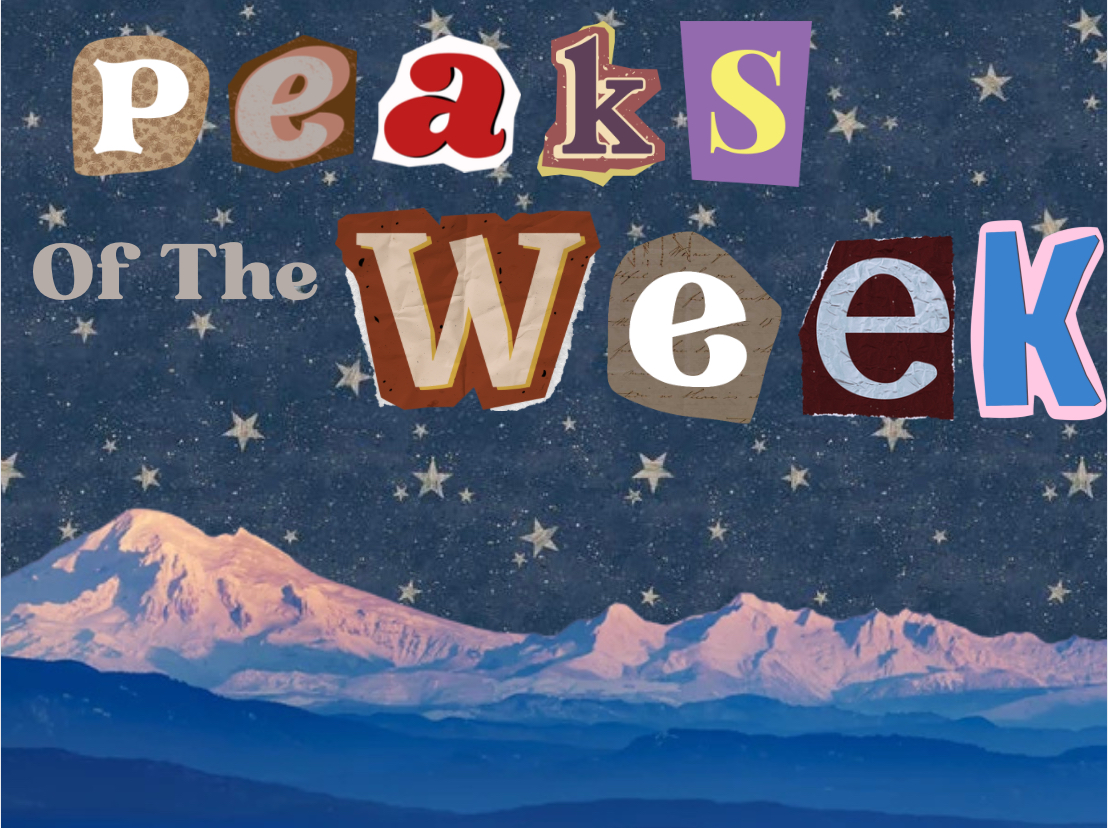

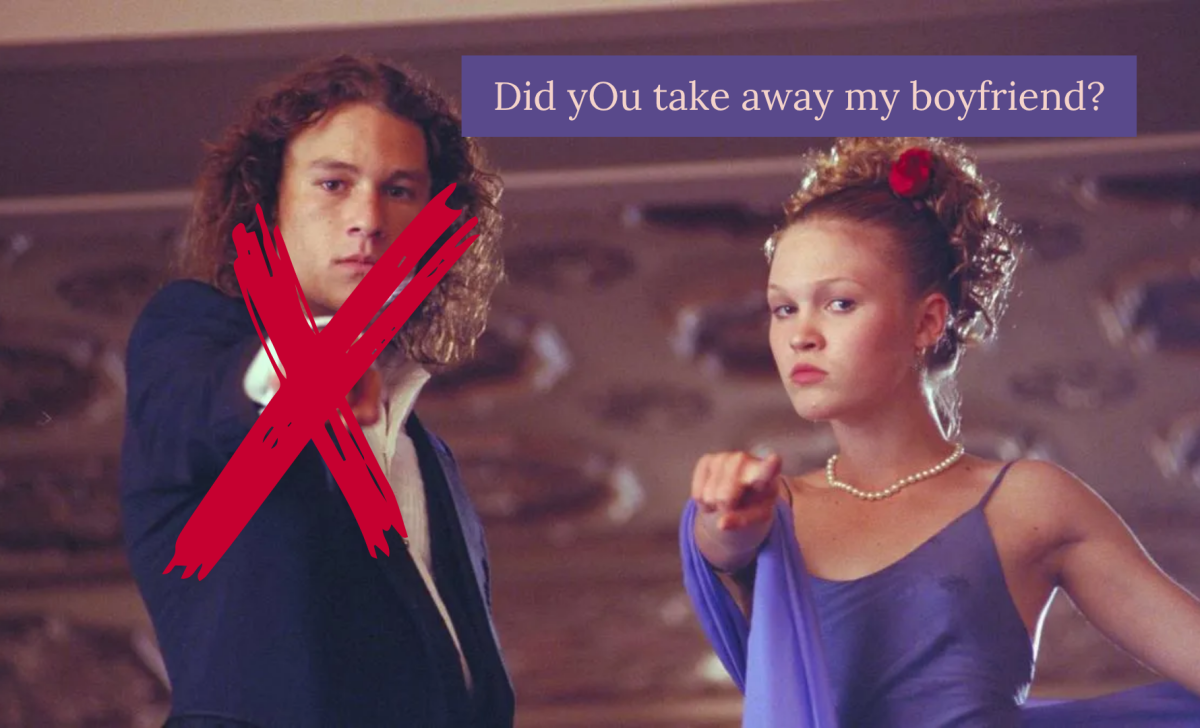


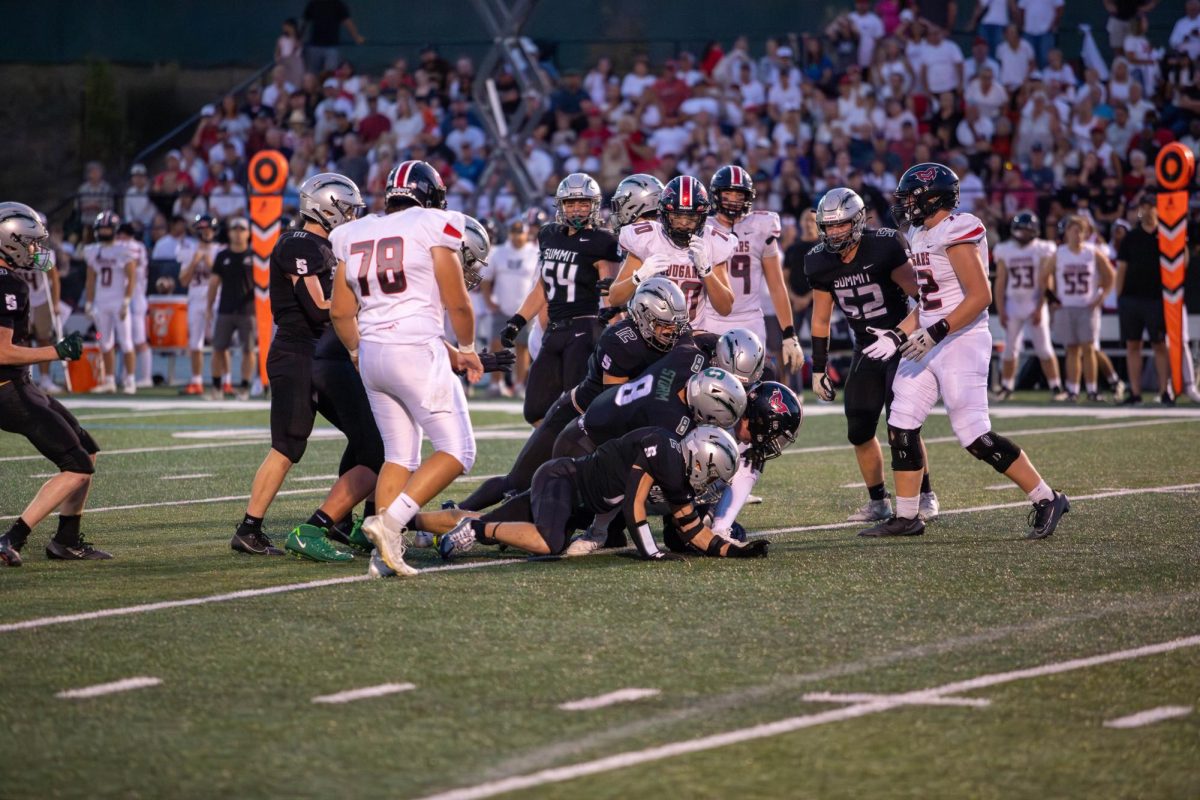























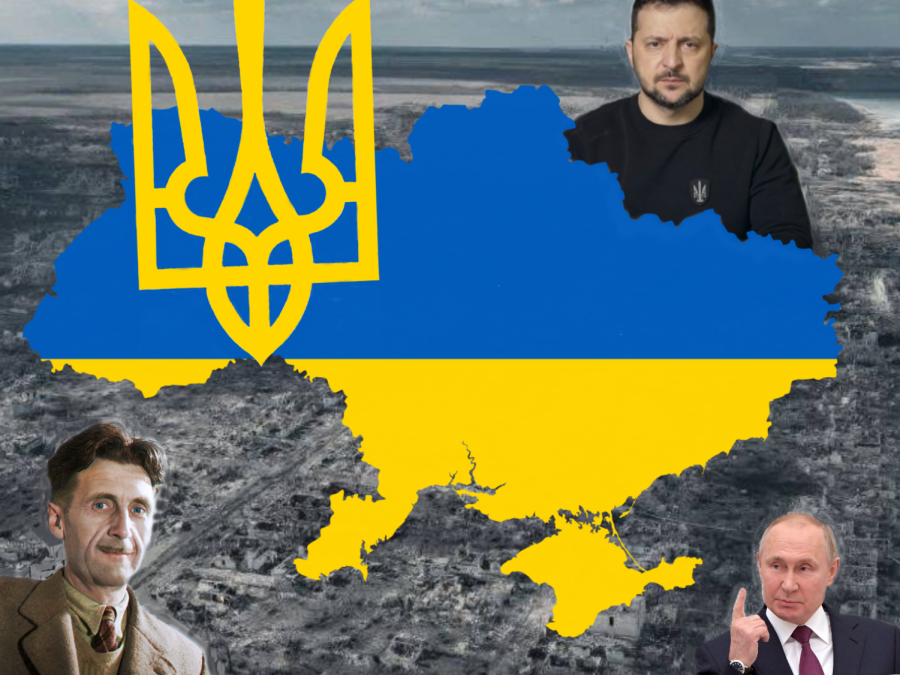


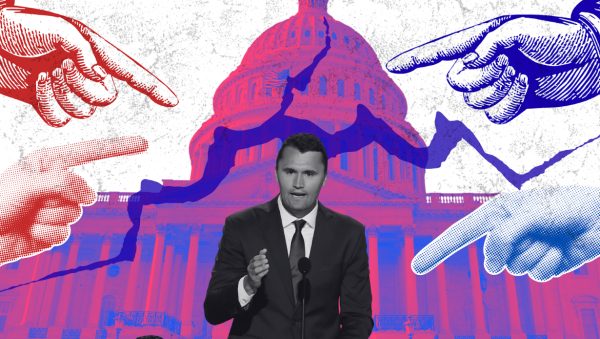

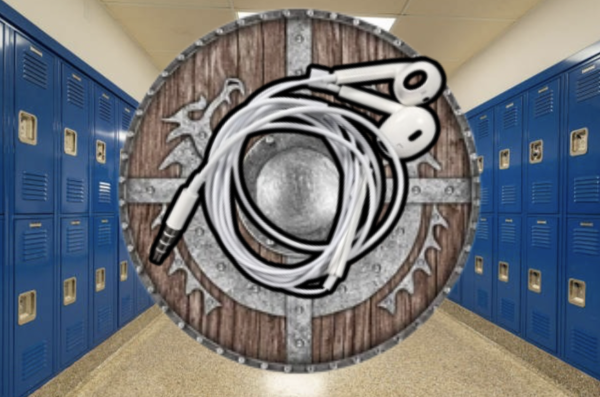



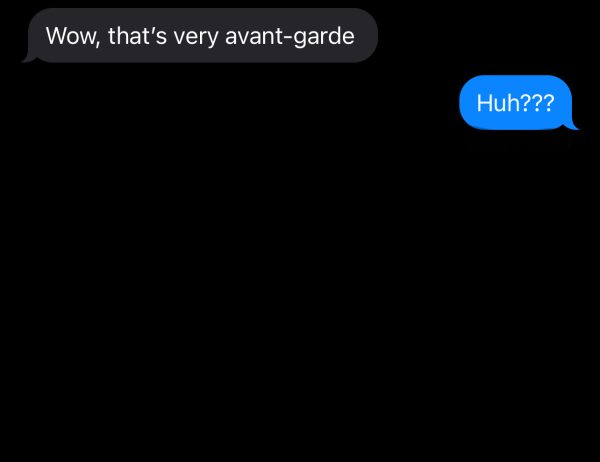
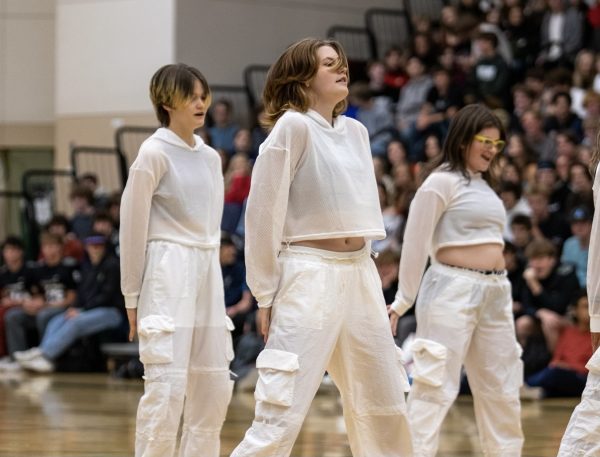
Molly Galloway • Jun 6, 2023 at 5:31 pm
This is very insightful. I have not seen many people who had this kinda of take. We can’t do this till they believe it is a loss. If we just give in then we will give ukraine to Russia fully.